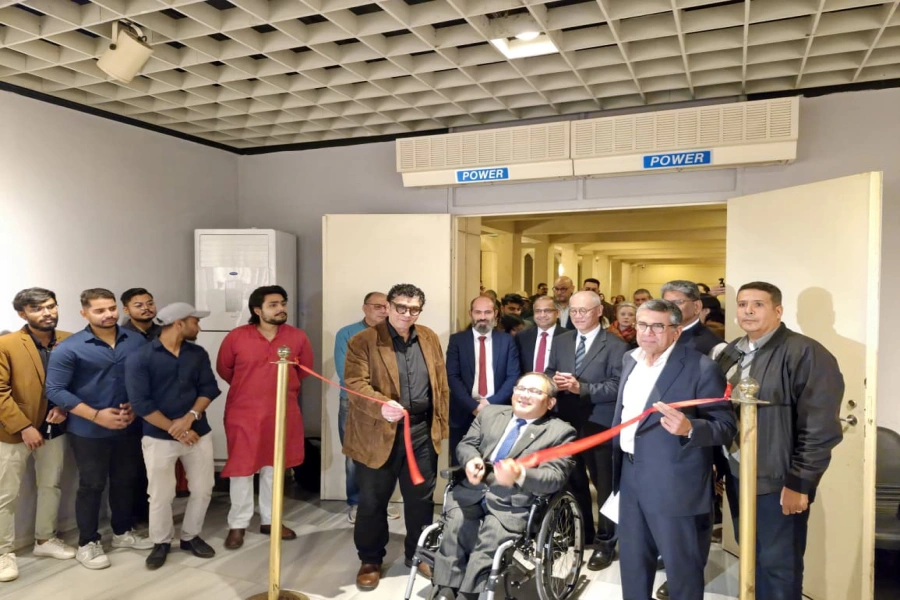But as the final phases of peace process gains momentum, there is unlikely to be major disagreements among the parties unless the Maoists don’t relent on their demand to integrate all of the 9,500 who have chosen the integration option; again, Maoist establishment has already said that it can be ‘flexible’ on the matter. We hope it can stick to its promise. Likewise, there has been a spate of agreements on major constitutional issues. The fact that the dispute resolution subcommittee has been able to significantly cut down on the areas of difference between the political parties is no small matter.
But it will also be a little premature to be overly optimistic of these developments. Nepali Congress made it clear on Sunday that disagreements remain on vital issues like form of government and electoral system. While the Maoists and UML seem to have settled on the ‘French model’ of executive president and a prime minister elected by the legislature, NC continues to hold that the executive head must be elected through Westminster-style parliamentary system.
NC has also raised serious objection on other important issues, such as the designation of a large section of the society as “the other castes” in the proposed constitution. And of course, the most contentious issue of all, state restructuring, has been held in abeyance as the State Restructuring Committee has been tasked with working out a viable federal model. It is by no means certain that the committee will be able to work out a single model or if such a model will be acceptable to two-thirds of national legislature, the minimum threshold for the passing of the constitution.
But barring state restructuring, we believe all other issues can be sorted out given the political will of the four main political blocks. And yet, we are concerned about the growing internal rift in UCPN (Maoist), the largest party in the CA, and its fallout on constitution-drafting process. The growing rift, with the two factions often working at cross-purposes in almost all the vital peace and constitution related issues, still threatens to undermine the progress so far.
We believe the responsibility of managing the internal conflict and convincing other parties of Maoist commitment on peace and constitution still rests chiefly on the shoulders of Pushpa Kamal Dahal. His real mettle and democratic credentials will surely be tested in next one month in the lead up to the constitution deadline. It remains to be seen if he is up to the job.
While I may be the first woman in this office, I will not be th...



-1200x560-1771928761.webp)




































